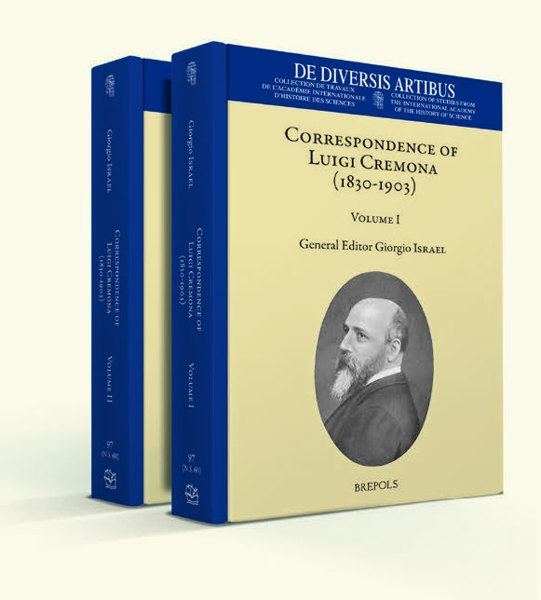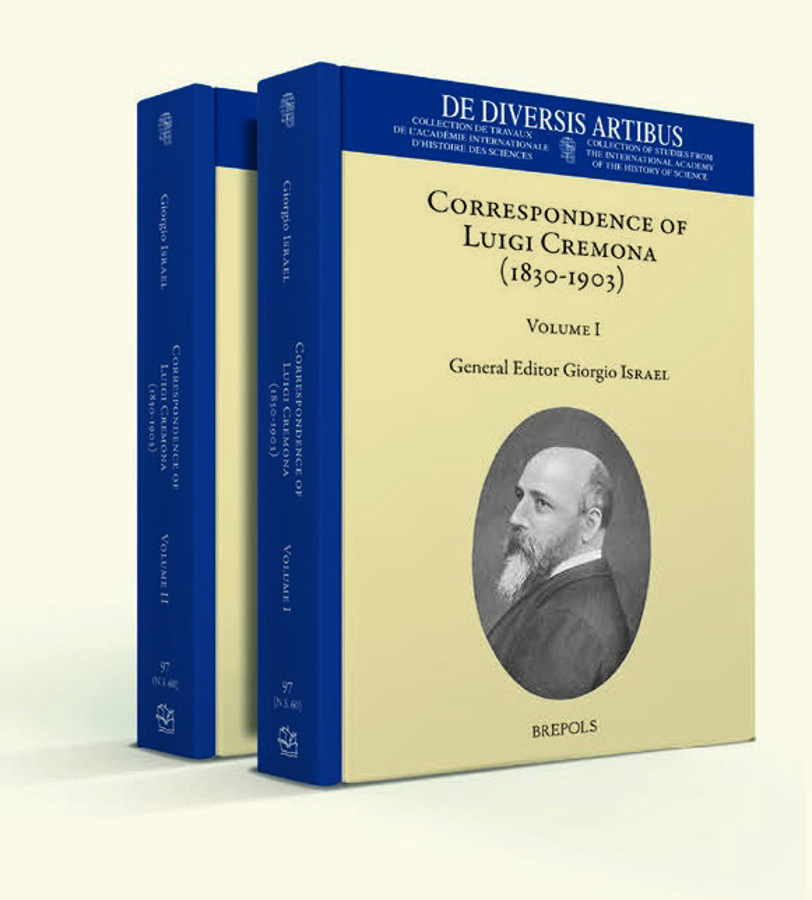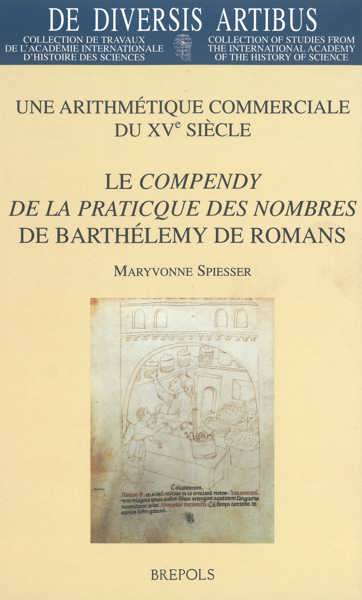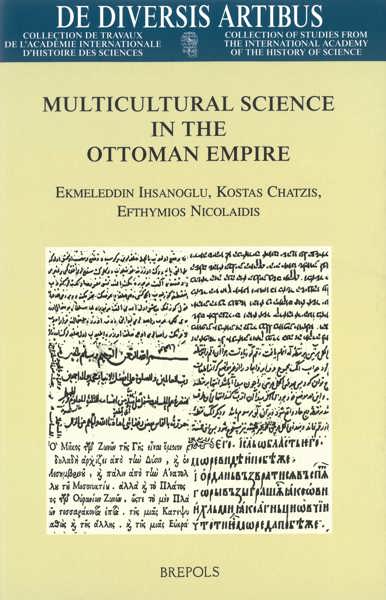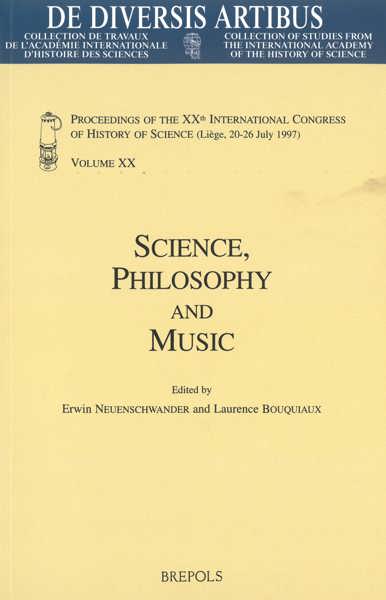
Correspondence of Luigi Cremona (1830-1903)
conserved in the Department of Mathematics, “Sapienza”, University of Rome
Giorgio Israël
- Pages:2 vols, 1828 p.
- Size:156 x 234 mm
- Illustrations:44 b/w
- Language(s):English
- Publication Year:2017
- € 210,00 EXCL. VAT RETAIL PRICE
- ISBN: 978-2-503-55453-2
- Hardback
- Available
Editors of the correspondence: Martina Bečvářová, Aldo Brigaglia, Luca Dell’Aglio, Simonetta Di Sieno, Paola Gario, Livia Giacardi, Angelo Guerraggio, Eberhard Knobloch, Marta Menghini, Ana Millán Gasca, Mara Monaldi, Pietro Nastasi, Efthymios Nicolaidis, Luigi Regoliosi, Karin Reich, Enrico Rogora, Luis Saraiva, Paola Testi Saltini, Claudia Umani.
This new volume of the Collection of Studies from the International Academy of the History of Science presents a collection of about 1100 letters addressed to the Italian mathematician and statesman Luigi Cremona, mainly from foreign mathematicians, from 1860 to 1901, conserved in the “Guido Castelnuovo” Department of Mathematics of “Sapienza” University of Rome. These letters – written by about 170 correspondents from 18 different countries – offer a vivid picture of the international network of mathematicians in the second half of the nineteenth century, including their political sentiments, mathematical interests (especially in the area of geometry) and cultural aims. The letters are presented by correspondent, in their original language (English, French, German, Italian, Latin, Portuguese, Spanish), with notes and a short biographical note and introduction. This edition offers an insight into the consolidation of a “Europe of Science” in the late Modern Age. The volume is introduced by an essay by Giorgio Israel and completed by a bibliography of Cremona’s works, an index of names, and a chronological index.
In the correspondence, mathematical issues mingle with wider-ranging political and cultural issues (including the first women’s careers in mathematics, the development of mathematics teaching, the events surrounding the unification of Italy) in a period during which the opening up of international horizons is the counterpoint to an intense commitment to the construction and modernization of one’s country of origin.
